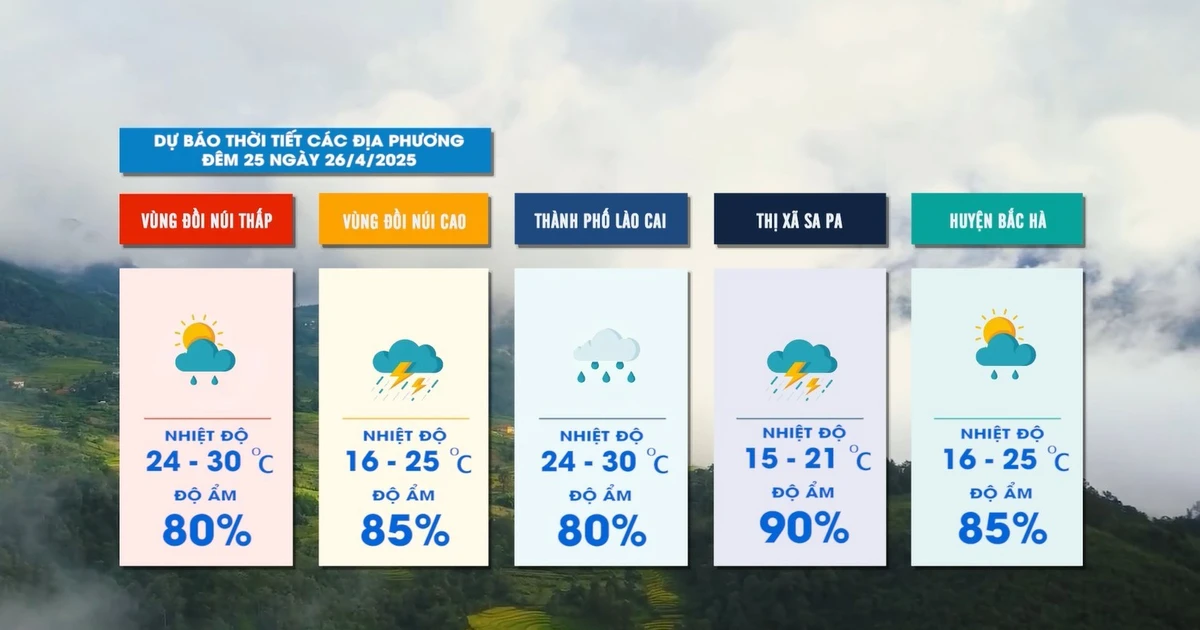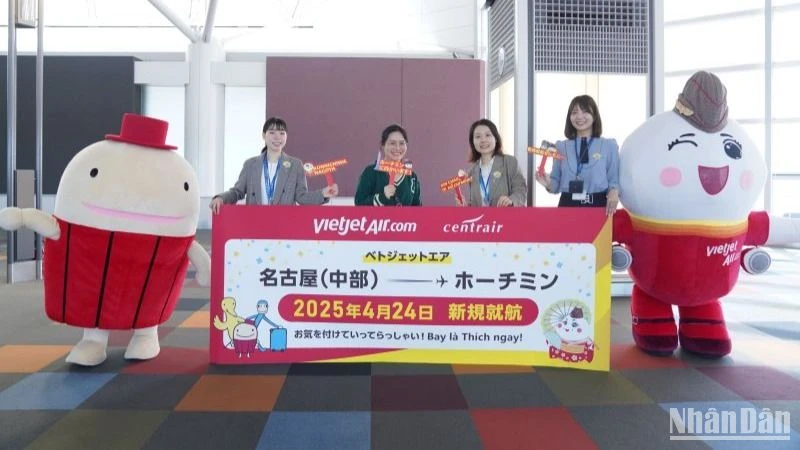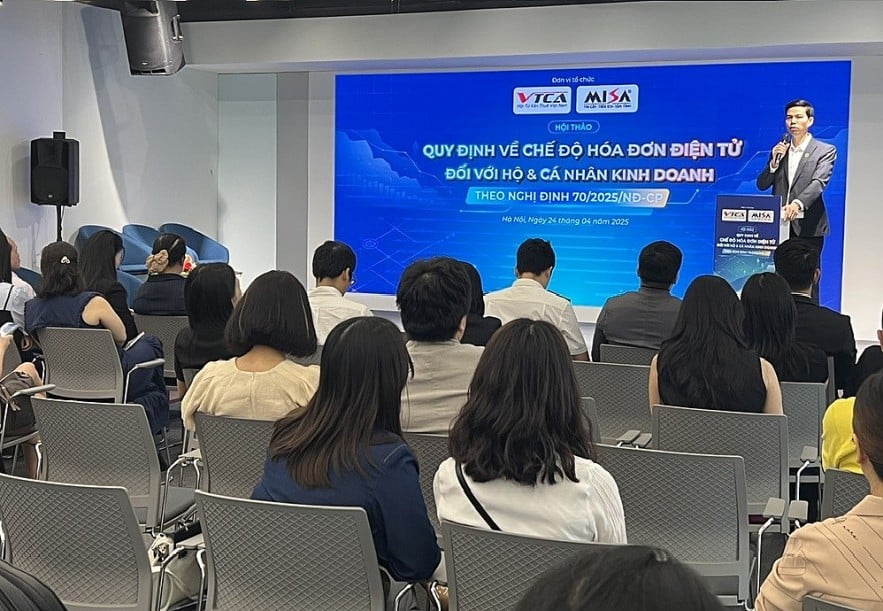The General Department of Tourism issued Document No. 906/TCDL-KS to the Department of Tourism Management of provinces and cities on promoting the need to find out information before signing a "Holiday Ownership" contract.

Recently, the General Department of Tourism has received many petitions and letters from citizens related to the purchase of "vacation ownership" services, reflecting that in addition to the obligation of the buyer (owner of the vacation week) to pay the vacation provider the amount of money according to the contract value, the buyer must also pay annual fees or maintenance fees for each year that are adjusted up or down irregularly, causing damage to the owners; confusing the buyer through advertising activities or concealing, providing incomplete, misleading, inaccurate information about the product, service and some other contents.
To ensure the legitimate rights of citizens, the General Department of Tourism recommends that local tourism management departments:
Promote public awareness of the "vacation ownership" model according to the recommendations of the National Competition Commission and the Ministry of Industry and Trade: Understand clearly the nature, benefits of products and services and potential risks. Before deciding to participate in an event introducing and selling "vacation ownership", it is necessary to find out information about the type of products and services that will be introduced at the event as well as the supplier through the media or through friends and relatives who have attended the event or used the product; identify in advance issues of concern regarding benefits and risks to proactively request further clarification.
Before deciding to enter into a contract, it is necessary to request a full set of contracts and study them carefully, especially in matters such as:
+ Personal and family needs for a long time;
+ Compare the information advertised, offered or "verbal commitment" of the business with the official terms and conditions in the draft contract. Especially when there is a discrepancy between the offered information and the contract or there are unclear provisions and terms in the contract, consumers need to ask the business to explain, clarify and amend or supplement.
In addition, clearly identify all costs that must be paid during the contract term. Most current vacation ownership contracts are long-term contracts and in addition to the fixed fee from the beginning, consumers will have to pay many other fees that arise during the implementation process such as maintenance fees, annual fees, management fees, operating fees, fees for exercising the right to exchange resort locations, etc. These costs may only be specified in the contract, not in advertising and sales information and may not be clearly and fully specified.
Conditions and restrictions for the buyer in enjoying and transferring the right to vacation, for example: the time when the right to vacation can begin to be exercised, can this service be transferred to another person, if so, how long after signing the contract or using the service, are there any conditions attached...
Unfavorable terms in the contract, for example: limiting the buyer's right to complain and sue; not allowing consumers to cancel the contract; unfair sanctions for violations between the two parties; cases where the service provider is exempted from liability, for example, not being granted a construction permit by the state agency (for the type with a project/hotel) or the third party not continuing to cooperate (for the type without a project/hotel)...
Require businesses providing travel services, tourist accommodation, and other units providing "vacation ownership" services to advertise and provide complete and accurate information; establish clear vacation purchase contracts, without any terms that are disadvantageous to consumers such as limiting the buyer's right to complain or sue...
Strengthen inspection and examination of units providing "vacation ownership" services to ensure compliance with legal regulations and quality of products and services provided to consumers. Receive and promptly resolve citizens' petitions and complaints according to authority.
Government e-newspaper
Source link







![[Photo] President Luong Cuong meets with Lao Prime Minister Sonexay Siphandone](https://vstatic.vietnam.vn/vietnam/resource/IMAGE/2025/4/25/3d70fe28a71c4031b03cd141cb1ed3b1)

























![[Photo] Attractive extracurricular lessons through interactive exhibition at Nhan Dan Newspaper](https://vstatic.vietnam.vn/vietnam/resource/IMAGE/2025/4/26/1f307025e1c64a6d8c75cdf07d0758ce)
![[Photo] Ho Chi Minh City welcomes a sudden increase in tourists](https://vstatic.vietnam.vn/vietnam/resource/IMAGE/2025/4/25/dd8c289579e64fccb12c1a50b1f59971)
![[Photo] Liberation of Truong Sa archipelago - A strategic feat in liberating the South and unifying the country](https://vstatic.vietnam.vn/vietnam/resource/IMAGE/2025/4/25/d5d3f0607a6a4156807161f0f7f92362)
































































Comment (0)